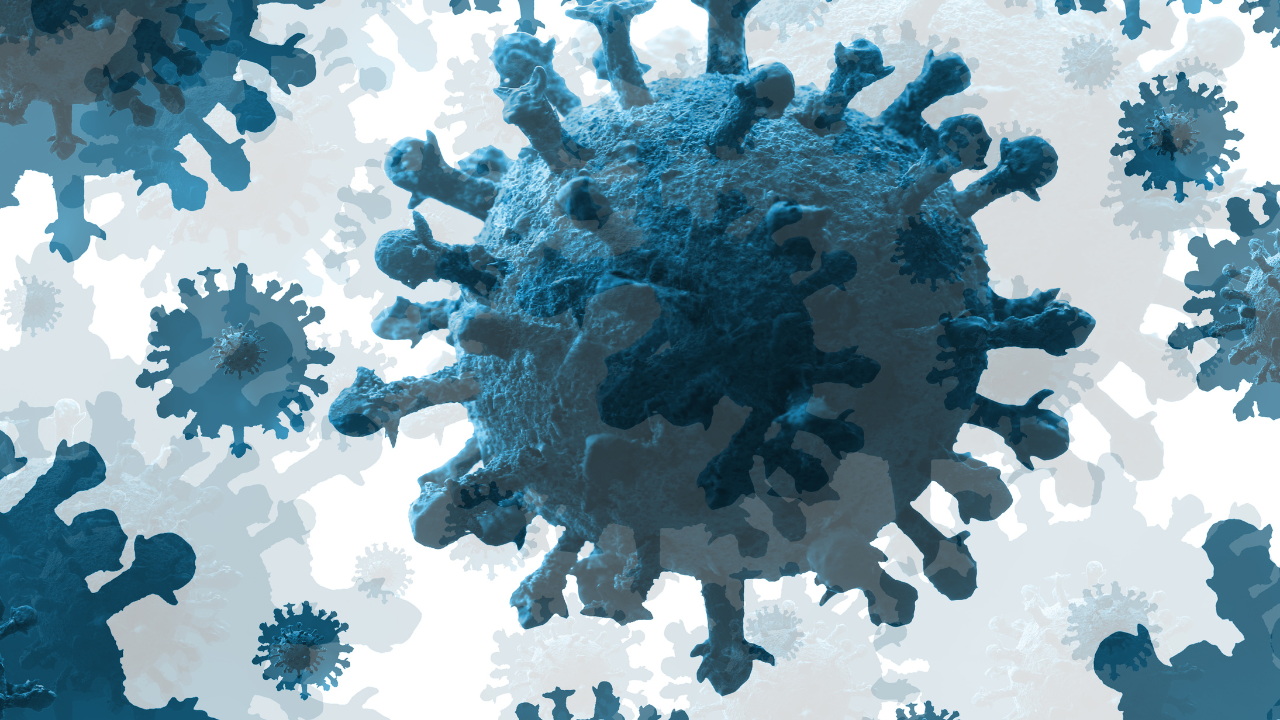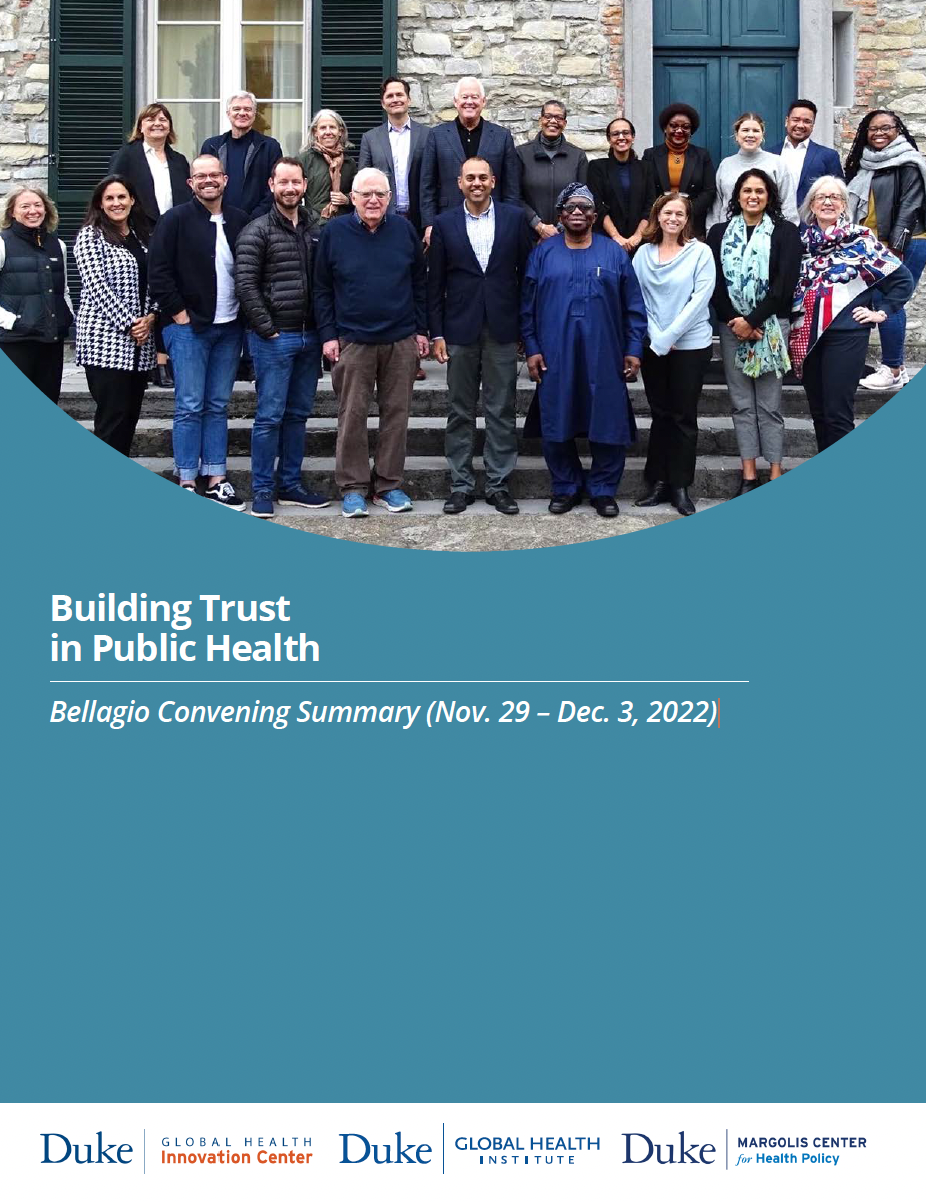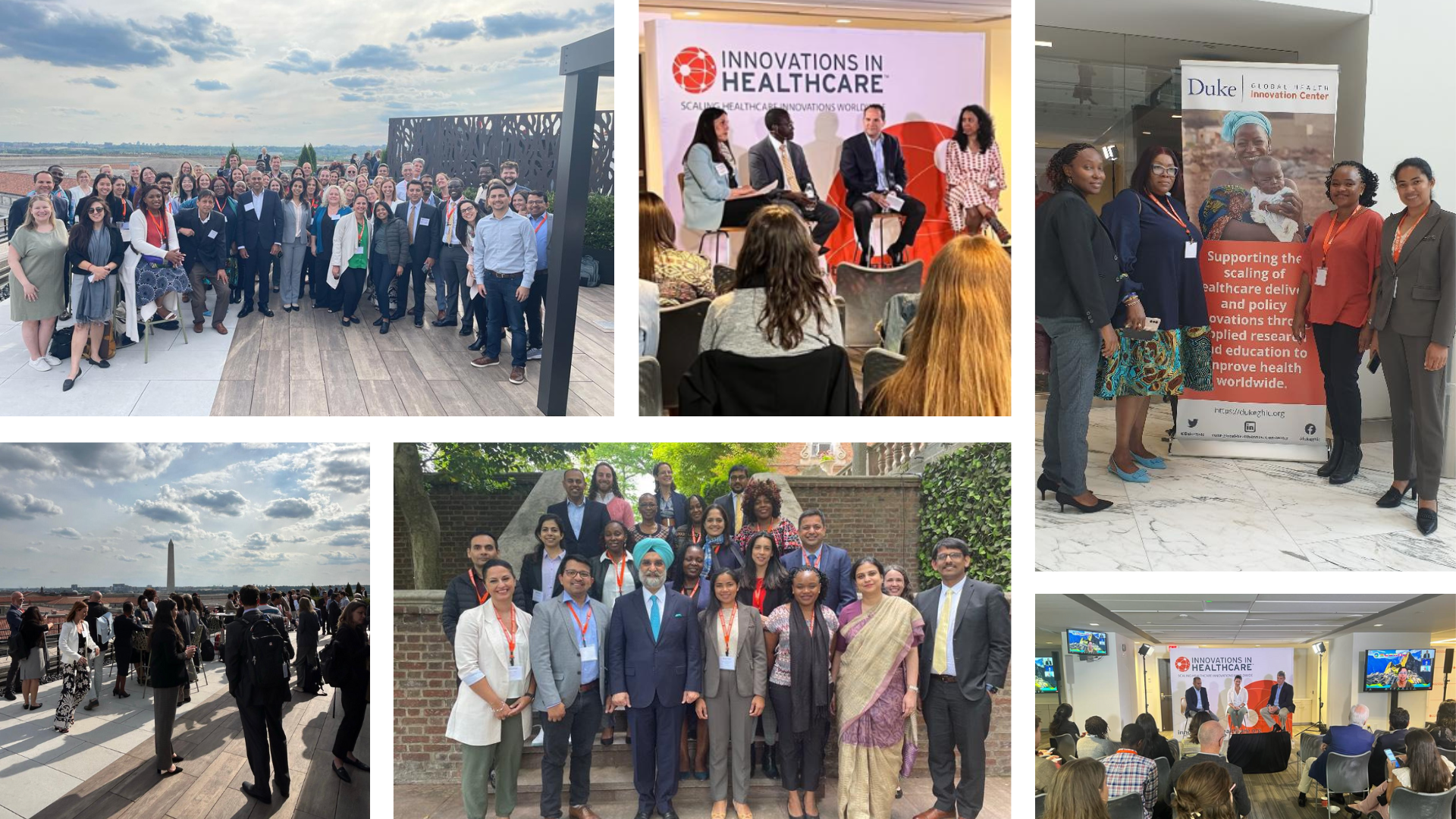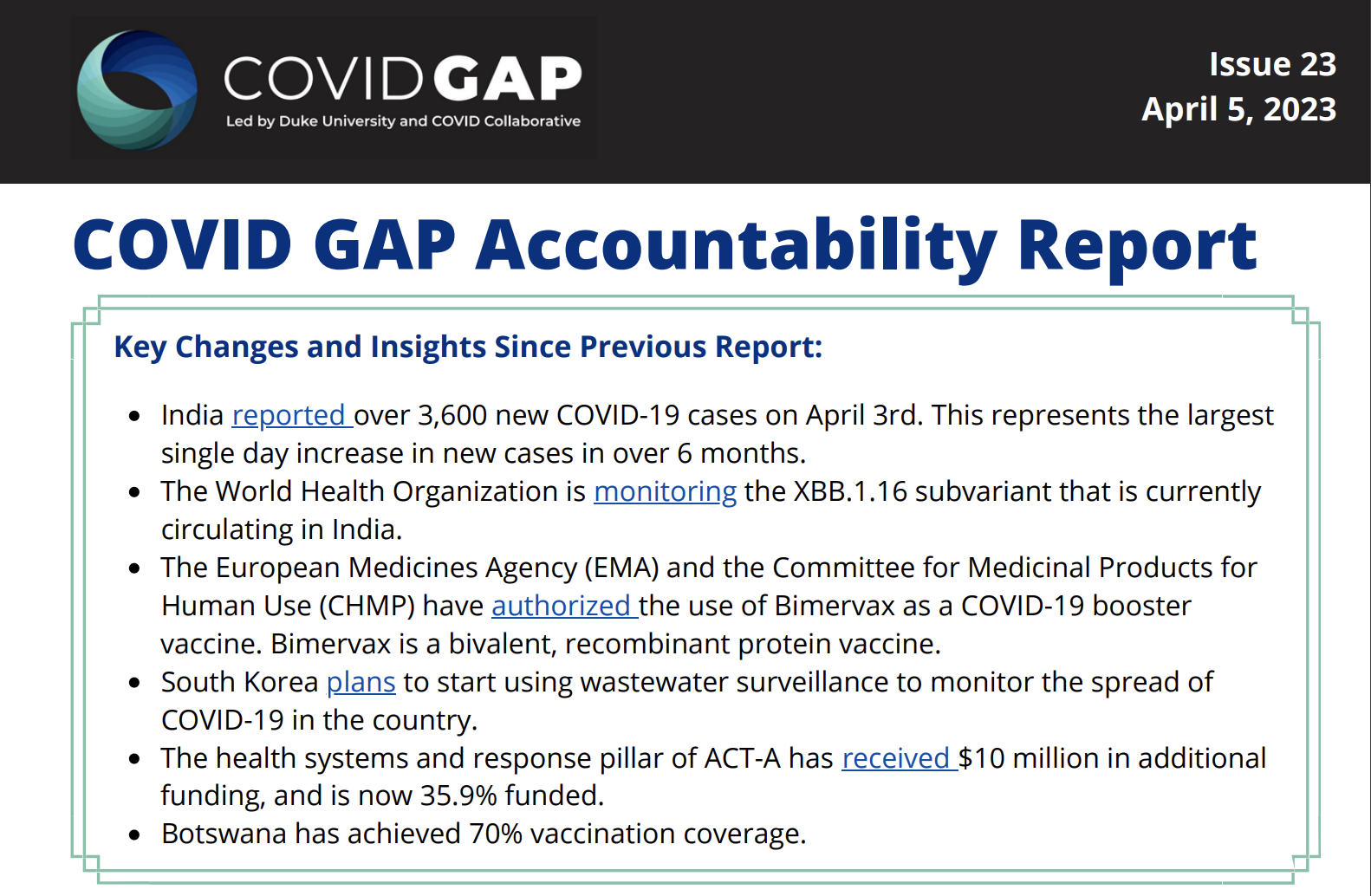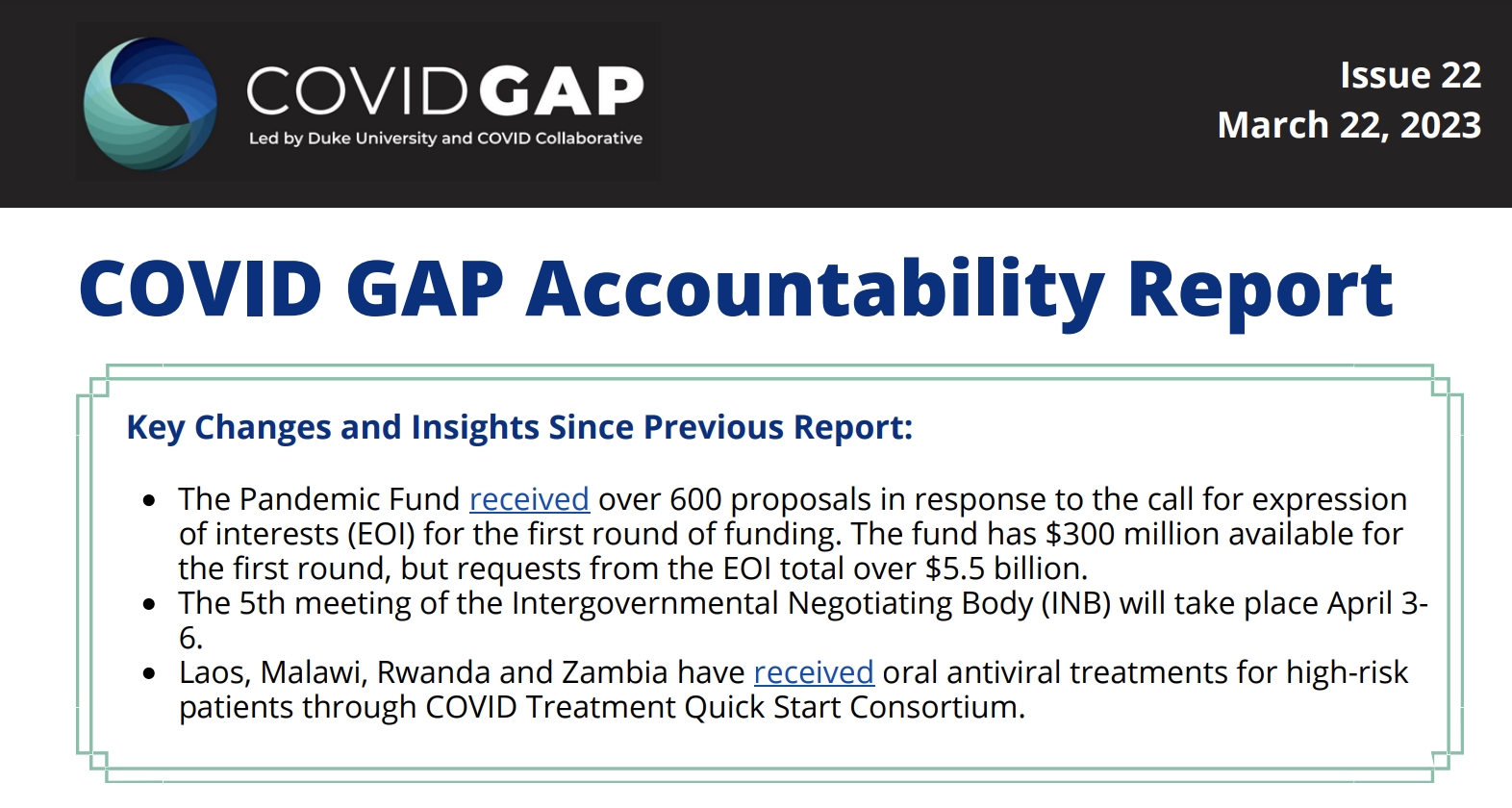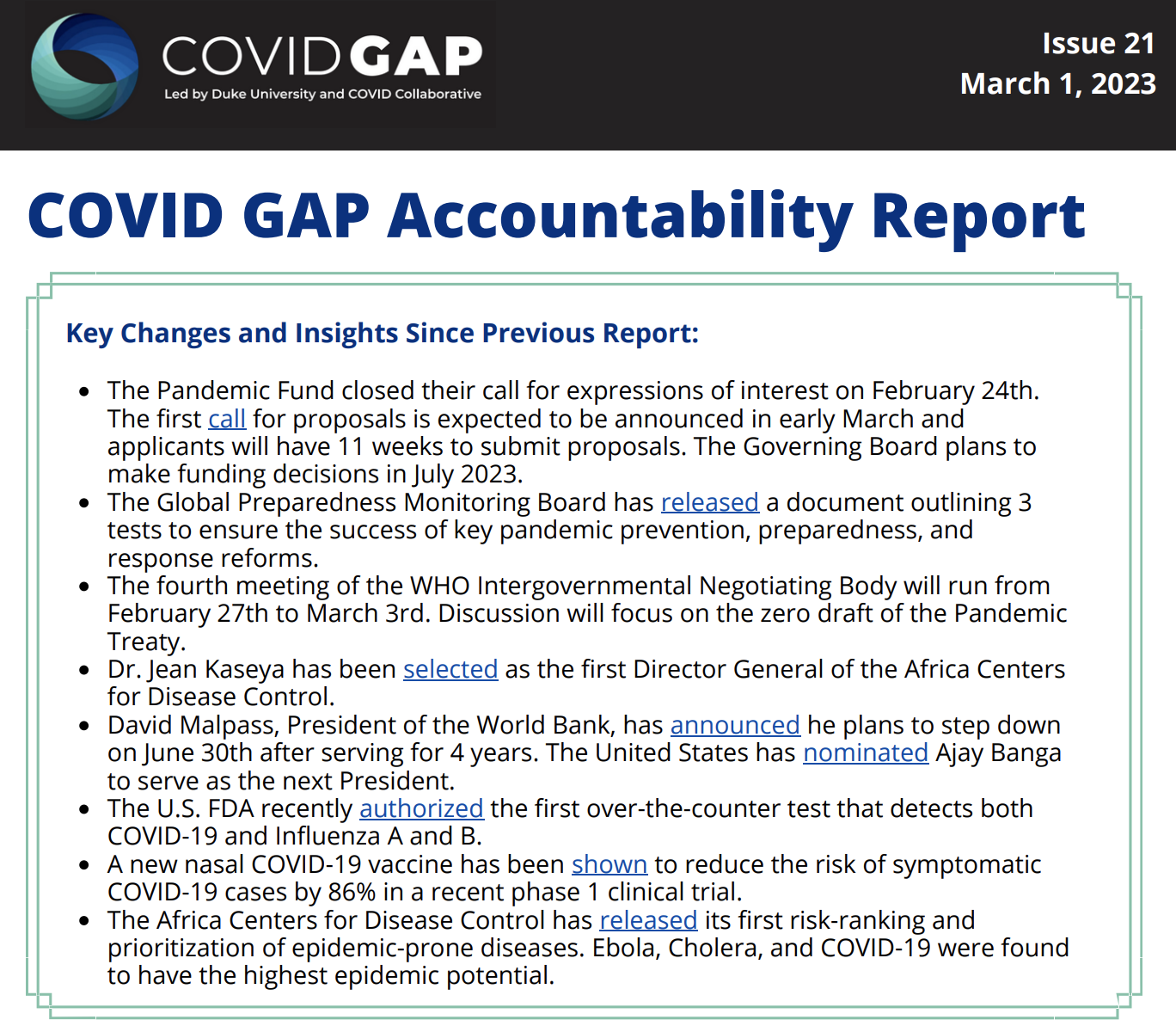
The Time to Act is Now on Antimicrobial Resistance, the Shadow Pandemic
A timely #IiHForum23 panel discussion Antimicrobial resistance (AMR) is a growing public health threat with the potential to cause a global pandemic. AMR occurs when bacteria, viruses, fungi, and parasites develop resistance to antimicrobial drugs that were previously effective in treating infections. This means that infections that were once easily treatable can become difficult, if not impossible, to treat. On April 25, 2023, key stakeholders from around the globe came together to discuss the critical challenges and necessary efforts to combat AMR at the IiH Annual Forum, at the same time that the European Commission adopted a proposal to intensify efforts to address AMR, and the United States Congress reintroduced the Pioneering Antimicrobial Subscriptions to End Upsurging Resistance (PASTEUR) Act to encourage novel drug development to treat resistant infections. Panelists included AMR…

